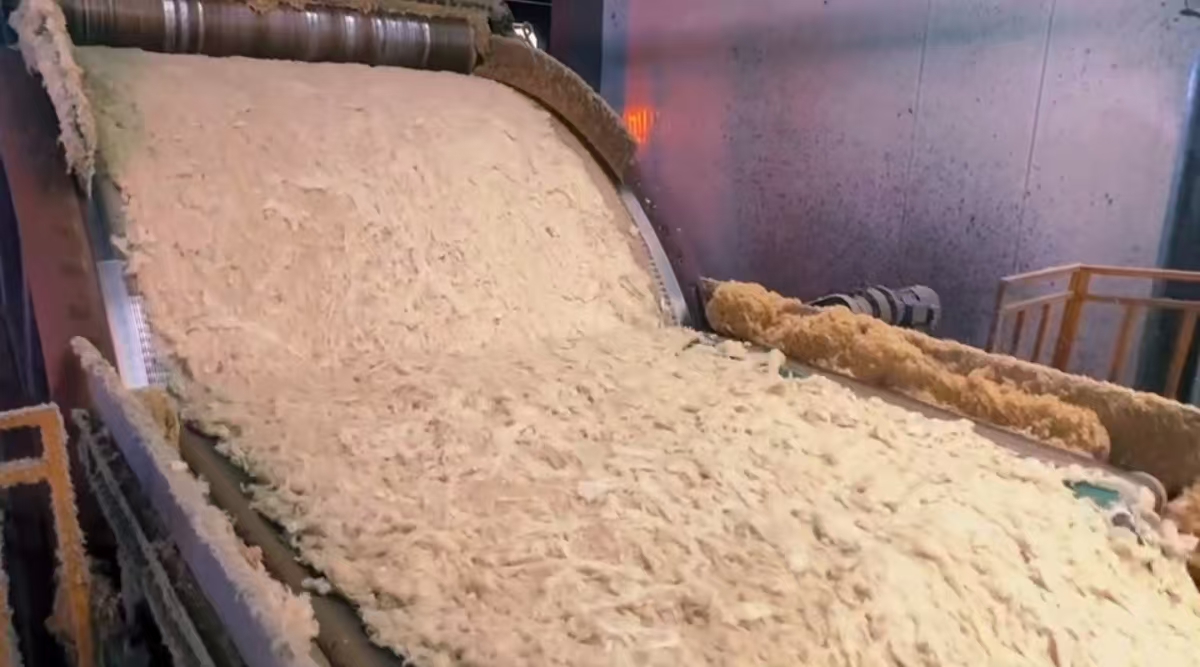
Overview:
This article will explore the sustainability and environmental benefits of rock wool boards, emphasizing their eco-friendly characteristics and role in green building practices.
Content:
- Recyclability:
Rock wool is 100% recyclable, and its production process uses minimal water and energy. Additionally, rock wool can be reused in construction projects, contributing to waste reduction.
- Low Environmental Impact:
The raw materials used in rock wool (basalt or diabase) are abundant and naturally occurring. The manufacturing process has a lower carbon footprint compared to other insulation materials.
- Contributing to Green Building Standards:
Rock wool helps buildings meet green building standards such as LEED (Leadership in Energy and Environmental Design) by improving energy efficiency and reducing environmental impact.
- Healthier Indoor Environment:
Rock wool boards are free from harmful chemicals and do not off-gas, making them safe for indoor air quality.
Suggested Image:
An infographic showing the life cycle of rock wool, from raw material extraction to its use in buildings and recycling.






 " />
" />